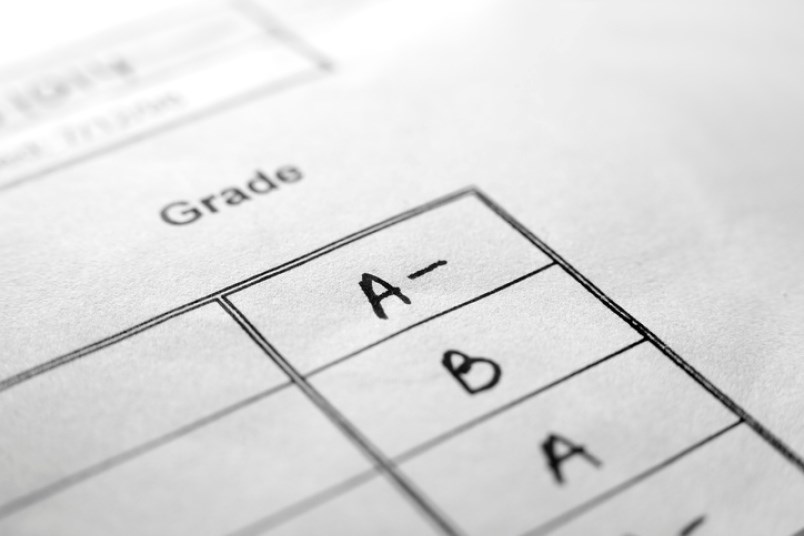B.C.’s Ministry of Education will apologize to and compensate students financially harmed by the issuance of incorrect 2019 provincial exam results in 2019, the Ombudsperson’s office said today (Aug. 20).
A new report said the ministry posted more than 18,000 incorrect exam scores. Half were higher than they should have been while the other half was lower than they should have been.
The report finds post-secondary institutions and others obtained more than 100,000 potentially incorrect transcripts before the errors were corrected.
Ombudsperson Jay Chalke said the ministry’s communication with students and their families was misleading, and in some cases inaccurate.
“Our findings reveal a number of shortcomings in a system that young people were relying on at one of the key points of their lives,” Chalke said. “A rushed and inadequate quality assurance process led to the errors. What followed was poor communication with students, families and post-secondary institutions at a time when clarity was needed.”
What the situation led to, Chalke said, was that “students with high course marks were upset to see failing exam marks; conversely, students with lower course marks saw high exam marks, only to find out later that they had not done as well as had initially been posted. One student told us they celebrated because they would graduate alongside their friends only to find out later they had failed and thus would not graduate that year.”
A ministry statement said it began an internal review in August 2019 and has already addressed four of six recommendations by putting in place enhancements and updates to processes for calculating provincial assessments and releasing provincial transcripts.
“We know that this situation was stressful for students and their parents when it happened,” the statement said. “We’ve learned from this and taken steps to ensure it doesn’t happen again.
The ministry said the compensation issue would be addressed by the end of the year.
“For students who raised concerns about their exam marks, the ministry reviewed or remarked as requested. Exam marks have been confirmed to be correct and there was no increase in requests for remarks. The Ministry of Education has not received a single follow-up or complaint from students or parents since August 2019,” the statement said.
The report highlighted rushed tabulation processes and ministry quality assurance process gaps leading to incorrect results being released even after ministry staff, students and secondary institutions were aware of problems.
Chalke said the investigation found unclear, inaccurate and misleading statements in the wake of the errors.
Specifically, the investigation found a ministry press release suggesting post-secondary institutions throughout North America had provided assurances that students would not be impacted. But, Chalke said, only UBC had given that assurance.
“Ministry staff worked quickly and diligently to correct the tabulation errors and that was positive but, when government makes a mistake, good public administration demands more.” said Chalke. “Not only does the technical error need to be fixed but the potential impact on people needs to be addressed. When government makes a mistake, it needs to put things right.”
The report makes six recommendations that the ministry has accepted.
Those include:
- Establishing an enhanced quality assurance process for review and approval of provincial assessment results before release to post-secondary institutions
- Establishing a communications protocol so that a ministry official certifies publicly released information is accurate and not misleading
- Apologizing to all students impacted by the errors and compensating any student financially harmed
“Young people at a critical juncture of their lives deserve nothing less,” Chalke said.
His office will monitor the report recommendations and will report publicly on the ministry’s implementation.
Chalke’s report said the problems occurred primarily due to two problems.
First, there were two systems for marks tracking and the manners in which entries were made were confused, resulting in incorrect entries.
Second, results from nonstandard testing formats that should have been tabulated separately were entered.
“The inclusion of the non-standard exam in the data analysis resulted in a blank space in the record,” the report said. “This blank space caused the software to read the student response data incorrectly for all students after the blank space. Student records before the blank space were read correctly by the software, but those after the blank space were read incorrectly.”




